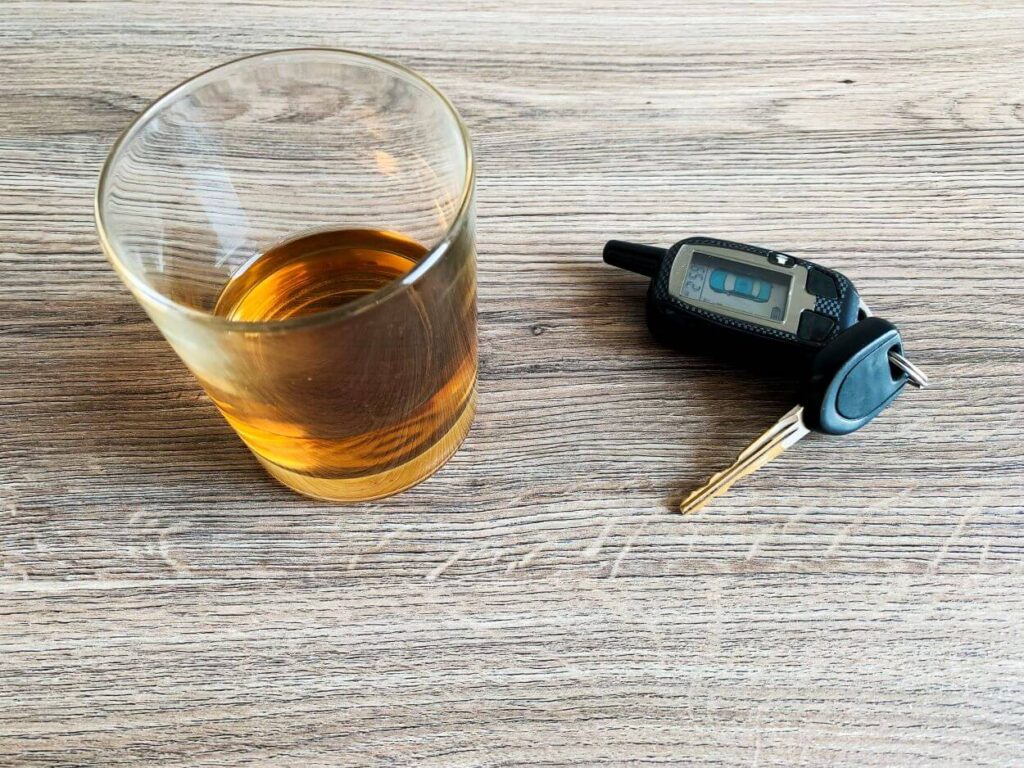Field sobriety tests are a common tool used by law enforcement officers to determine whether a driver is under the influence of alcohol. In Massachusetts, if you are pulled over on suspicion of drunk driving, you may be asked to perform a field sobriety test. While these tests can be useful in determining whether someone is impaired, they also have their limitations and drawbacks. In this article, we will explore the pros and cons of taking field sobriety tests in Massachusetts, as well as the consequences of refusing a field sobriety test and a breathalyzer test.
Pros of Taking Field Sobriety Tests:
- Cooperation: If you take a field sobriety test and pass, it can demonstrate to the officer that you are cooperative and not under the influence of alcohol. This could potentially lead to a more positive outcome, such as a warning or release without arrest.
- Evidence of Sobriety: If you take a field sobriety test and pass, it can provide evidence of your sobriety. This evidence can be used in your defense if you are charged with drunk driving.
Cons of Taking Field Sobriety Tests: - Evidence Against You: If you take a field sobriety test and fail, the results can be used as evidence against you in court. This evidence can be used to support the charges of drunk driving and make it more difficult to defend yourself.
- Unreliable Results: Field sobriety tests are not always reliable indicators of impairment. Factors such as age, weight, medical conditions, and even the surface you are standing on can impact the results of the test.
Consequences of Refusing Field Sobriety Tests:
In Massachusetts, you have the right to refuse a field sobriety test. However, if you refuse, the officer can still arrest you for drunk driving based on other evidence, such as the odor of alcohol or slurred speech. Refusing a field sobriety test can also be used as evidence against you in court.
Consequences of Refusing a Breathalyzer Test:
In Massachusetts, if you are arrested for drunk driving, you are required to take a breathalyzer test. If you refuse the breathalyzer test, your license will be suspended for 180 days for a first offense and three years for a subsequent offense. Refusing a breathalyzer test can also be used as evidence against you in court.
In conclusion, if you have had a drink, it may be best not to take a field sobriety test. These tests can be unreliable and the results can be used as evidence against you in court. However, if you are pulled over and suspected of drunk driving, it is important to understand the consequences of refusing a field sobriety test and a breathalyzer test. If you are facing drunk driving charges in Massachusetts, it is recommended that you consult with an experienced DUI attorney to ensure the best outcome for your case.

